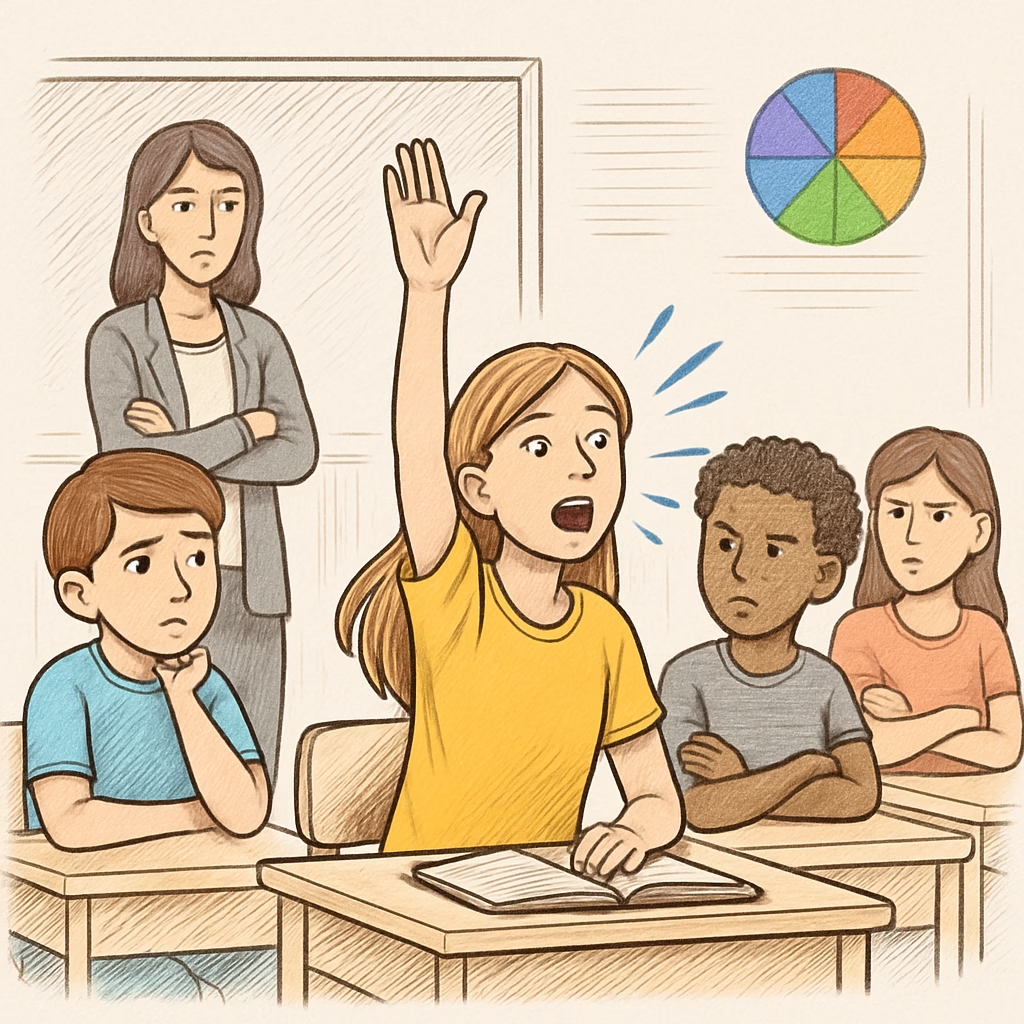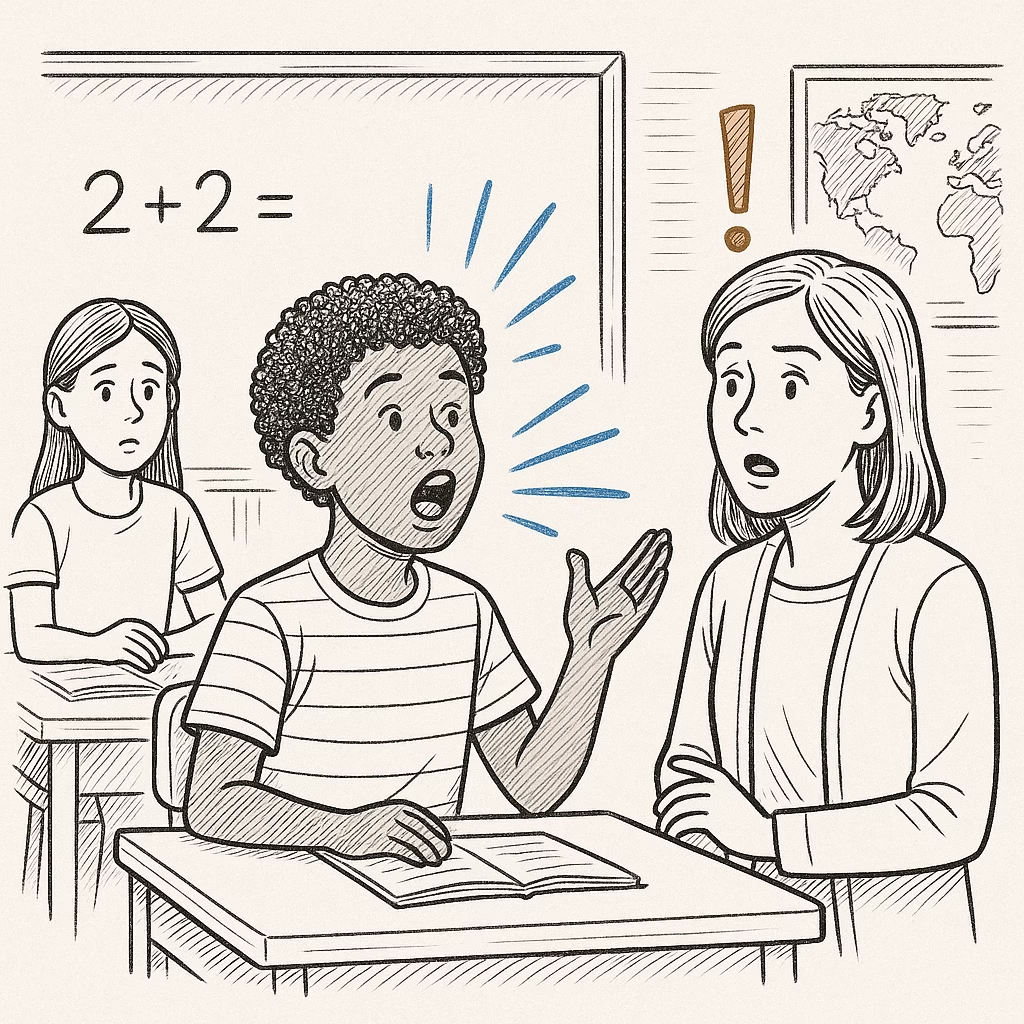Social interaction is built on a complex web of unspoken signals — a glance, a slight change in tone, a shift in posture. For many people, especially those with ADHD, autism, or anxiety, reading these social cues doesn’t come naturally. Misinterpreting body language, tone, or context can lead to feelings of isolation, misunderstandings, and strained relationships. But the good news is that these skills can be learned and improved with awareness and practice.
What Are Social Cues?
Social cues are the non-verbal ways people communicate:
- Body language (e.g., crossed arms, fidgeting, leaning forward)
- Facial expressions (e.g., smiling, frowning, eyebrow raises)
- Tone of voice (e.g., sarcasm, excitement, boredom)
- Contextual clues (e.g., knowing when a conversation is casual vs. serious)
These cues help us understand what others feel or intend, even when they don’t say it outright.

Why Some People Struggle to Read Social Cues
Several factors can make reading social cues difficult:
- Neurodivergence: People with ADHD or autism often process social information differently. They may focus intensely on one aspect of a situation and miss others.
- Anxiety or past trauma: Anxiety can cause hypervigilance or misreading situations based on fear rather than reality.
- Executive function challenges: Difficulty with working memory or flexible thinking can make it harder to notice or interpret subtle signals.
- Sensory overload: In noisy or visually busy environments, it can be overwhelming to pick up on small social signals.
Common Signs of Difficulty Reading Social Cues
- Talking too much or interrupting without noticing disinterest or impatience.
- Missing subtle signs that someone wants to end a conversation.
- Misinterpreting jokes, sarcasm, or teasing.
- Struggling to recognize when a friend is upset or needs support.
- Appearing insensitive without realizing it.
The Emotional Impact
When social cues are missed or misinterpreted, it can lead to:
- Loneliness: Feeling disconnected or left out.
- Conflicts: Misunderstandings can escalate into arguments or resentment.
- Self-doubt: People may question their worth or social competence.
- Exhaustion: Constantly trying to “figure things out” socially can be draining.
It’s important to recognize that struggling with social cues is not a character flaw. It’s often a reflection of how differently brains can process information.

Strategies to Improve Social Cue Interpretation
Improvement is absolutely possible with practice and support:
1. Build Awareness
Start by noticing non-verbal behaviors in others. Watch TV shows or movies and try to guess characters’ emotions based only on body language or tone before listening to the dialogue.
2. Ask for Clarification
If unsure, it’s okay to ask! Phrases like, “Are you feeling alright?” or “Did I understand you correctly?” show care and can clear up confusion.
3. Practice Active Listening
Rather than planning your next comment, focus fully on the other person’s words, tone, and expressions. Nod, maintain eye contact (as comfortable), and use affirming sounds like “mm-hmm.”
4. Use Visual or Verbal Reminders
Write small reminders or use phone alerts before social events — things like “Pause before responding” or “Check for body language.”
5. Seek Feedback
Ask trusted friends or a coach for gentle feedback on interactions. They can help highlight patterns you might not notice yourself.
6. Create a Low-Pressure Environment
Practicing in small, familiar settings — with a few friends rather than at a large party — makes it easier to notice and respond to cues.
When to Seek Additional Support
If struggling to read social cues is creating major issues at work, school, or in relationships, working with a therapist or social skills coach can help. Professionals can use role-playing, feedback, and other structured techniques to build these skills in a supportive way.
Final Thoughts
Social skills aren’t just “natural” for everyone — they are learned and refined over time. Struggling to read social cues doesn’t mean you’re broken or unfriendly. It means your brain interprets information differently, and with patience and the right strategies, you can bridge the gap to connect meaningfully with others.

